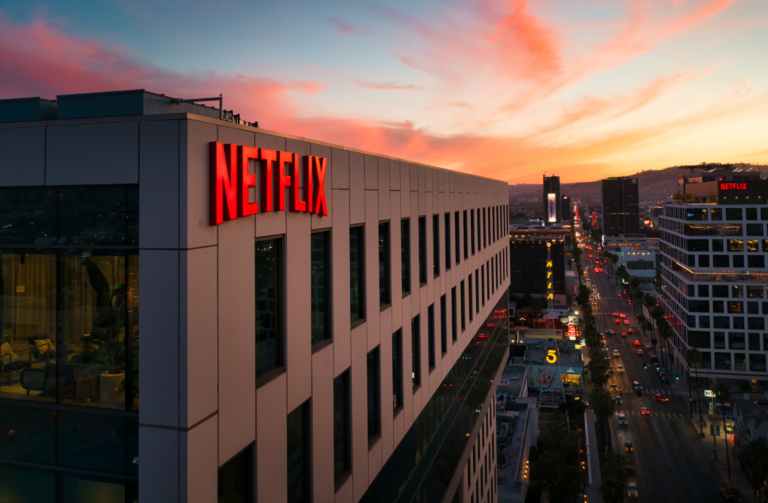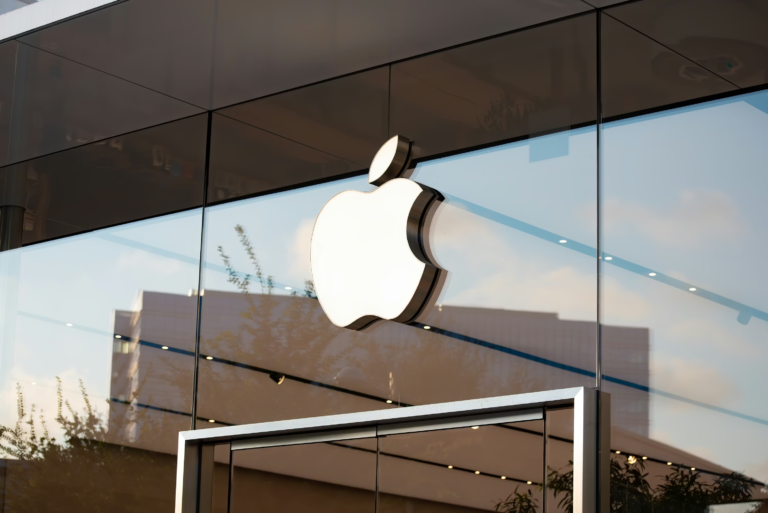In a big repair center located just off Newark in the UK, small parts from old mobile phones and broken appliances are recycled to create like-new products. This bustling hub is the core of Currys’ repair and recycling, through which thousands of gadgets, starting from smartphones to fridges, are resuscitated every year.

At the center of this green revolution is Alex Baldock, chief executive of Currys. He does not want Currys just to be a place where one buys electronics but also a leader in fixing and recycling old tech-a belief he believes is good for the planet, great for business.
Selling new laptops is easy,” says Baldock, beaming with confidence. “But not everyone can repair them like we do. This is more than just being eco-friendly; it’s smart business.
Repairing old electronics has become a cornerstone of Baldock’s strategy at Currys. It’s a chain with 727 stores in six countries, struggling to compete in a world dominated by the likes of Amazon. Currys reduces waste by refurbishing gadgets and boosts its profit while strengthening customer satisfaction.
Currys, previously named Dixons, began its humble journey in 1937 as a photography studio in Southend, Essex, and later was merged with other companies to adapt to the changes in people’s shopping habits. Today, the company has actually moved beyond just selling new products into the repair and selling of refurbished items.
On his watch, Currys has endured much: an attempted takeover early this year by a Chinese e-commerce giant, the need to show investors it can keep on growing. Baldock knows that expanding the repair business is crucial because selling refurbished items can be more profitable than new ones.
This trend of environmental awareness and cost-of-living crisis pushed up the demand for second-hand products and repaired goods. With 12 million repair customers to date, Currys is working to make sure its repair services become as lucrative as the retail business. For now, the services take a tiny chunk out of the revenue pie at Currys, so growth in this area is one big ambition.

He also considers new legislation, such as the “Right to Repair,” as opportunities to be able to contribute. The UK law currently going through the European Parliament requires a wide range of manufacturers to design products in view of easier repair and make spare parts available. Baldock isn’t concerned that this will mean more people themselves are repairing gadgets. Most repairs require skills that few people have.
Currys provides a £5 discount off for each old electric product brought in. The retailer has already received 65,000 trade-ins since 2022, and from these, the repair service has been provided with 120,000 spare parts. It also manufactures spare parts through 3D printing. Video calls are used to take customers through problem-solving in the help center; issues that have arisen before are stored in a database to diagnose new ones.
Baldock chattily engages the technicians in the repair center. “I always wanted a proper job,” he says of his switch to retail 12 years ago after stints as a management consultant and banker.
When Baldock took the chief executive reins in 2018, he faced much challenges. He announced a number of store closures and axed thousands of jobs following a disastrous 2014 merger with Carphone Warehouse. This year, he had to fend off takeover attempts from US investors and Chinese e-commerce giants. Despite such hurdles, he’s optimistic about Currys’ future.
It is also expanding its product range into health and wellness gadgets, ebikes, and AI-connected products. More services for small businesses will be added. Mr Baldock emphatically dismissed speculation that Currys was considering the sale of its £350m ID Mobile network business or its Nordic stores in Denmark, Sweden, Norway, and Finland.
But Baldock’s personal story is as good as his business one. A crisp accent and neatness of appearance might suggest the background is military, but in fact his father ran away to join the army as a teenager to get away from the tough life of south London. He later became a detergent salesman and worked his way up to lead Guinness Brewing and serve on the board of Marks & Spencer.
Baldock’s own background is rather more rarefied: private school and Oxford University. He then did some general youth work – bar work, on building sites – before becoming a management consultant. His work experience to date has been so eclectic – from consultancy to heading up a home shopping business – that it keeps his feet on the ground and helps him get across to Currys’ 13,000 staff.
Leading these jobs is a real privilege,” Baldock says. “You have to lead from the front, with energy and commitment. If you can’t give it your all, then you need to step aside for someone who can.

Retooling Currys: There, the approach of Baldock has shown that repair and recycling are good for the environment, which has proved good for business. Looking ahead to a future with Currys, it is evident that Baldock’s vision is not just to survive in a market in flux but to stay at the head of that particular pack by rejuvenating old gadgets into new opportunities.








